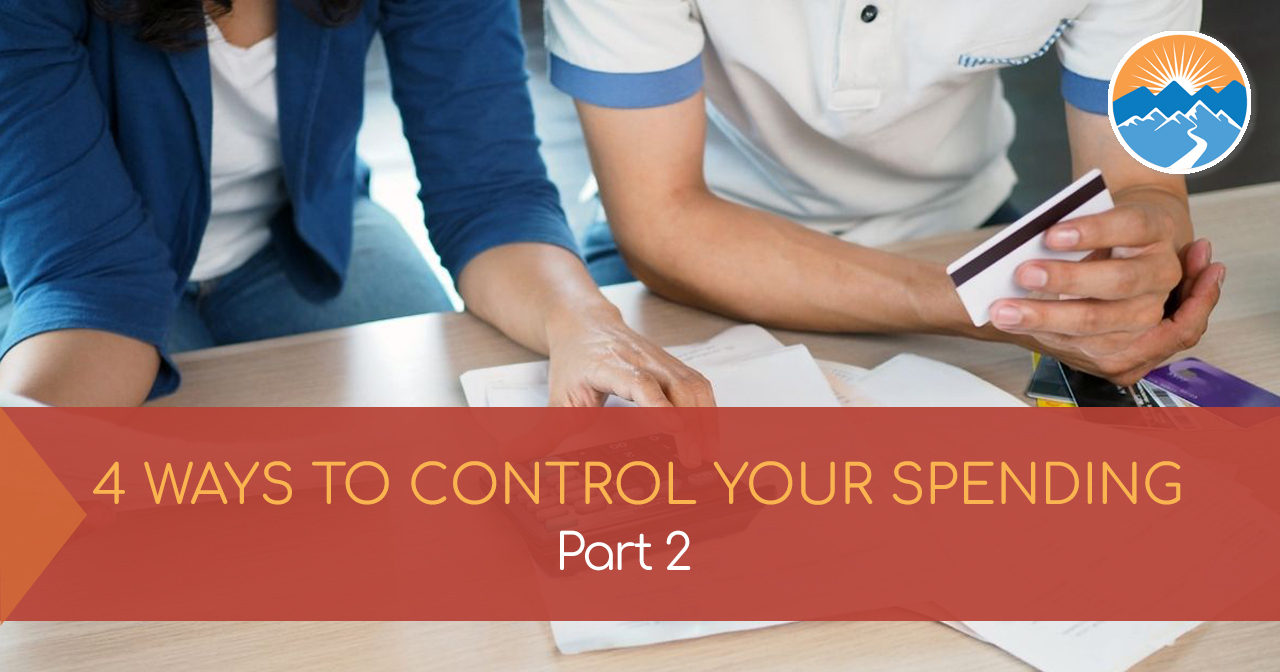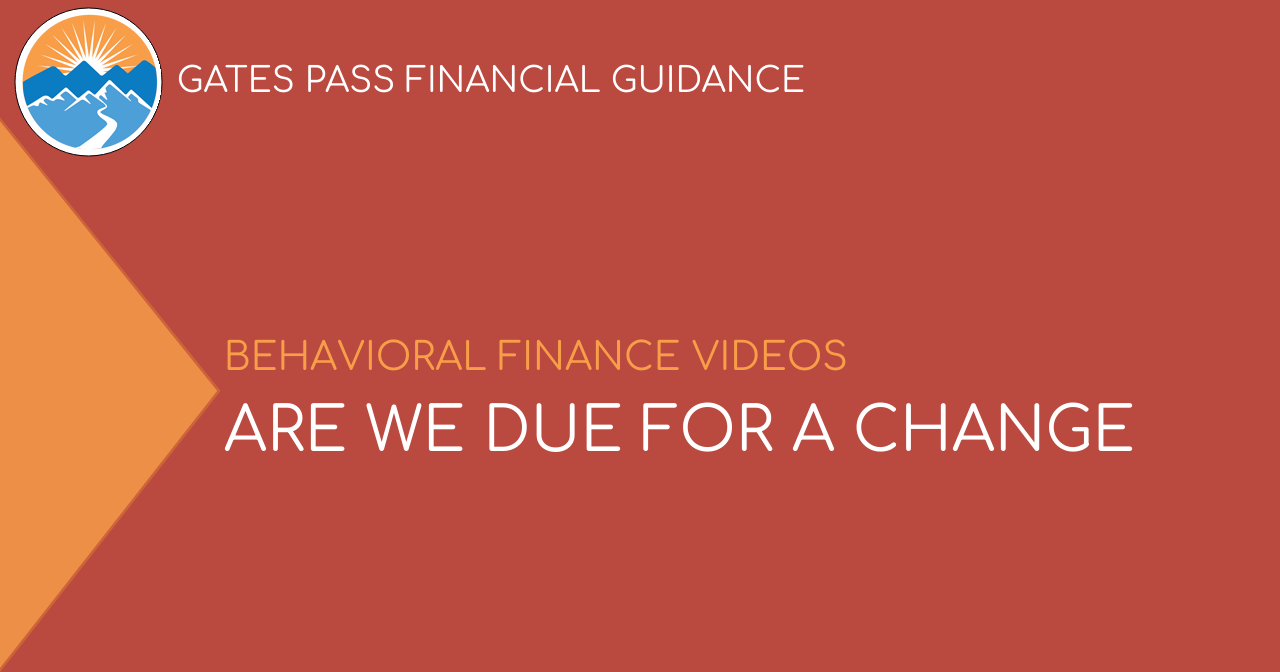In our previous blog, 4 ways to Control Your Spending – Part 1, we looked at four tips to help you get a handle on your spending. Alison Salisbury, owner and founder of Fiscally Fit and current president of the American Association of Daily Money Managers, returns in Part 2 with four more ways to help keep your spending under control.
1. Create a Budget and Stick to It
Whether through a simple spreadsheet or personal budget planning software, having a budget is crucial to maintaining control over your spending. Alison is a proponent of the 50-20-30 budget, which allocates your after-tax income as follows:
● 50% for must-have expenses, like housing, utilities, basic food and clothing, health insurance, etc.
● 20% for savings and paying down credit cards and other debt
● 30% for discretionary spending, including pets, streaming services, eating out, entertainment, etc.
The 50-20-30 budget offers flexibility. If you want to spend more on a nicer house, you can, as long as you cut back in another must-have area, like clothing, and stay within 50% of your take-home pay.
2. Have an Emergency Fund
COVID-19 showed us how quickly things can drastically change and is a stark reminder of the importance of having an emergency fund. If there’s a sudden loss of employment, a health emergency, or if disaster strikes your home or automobile, you want to have funds available to help cover necessities without having to max out your credit cards. Start small if needed, but work on building a fund, or replenishing it if yours was impacted during the pandemic.
3. Find an Accountability Partner
A great way to make sure you stay on track with your budget and spending goals is to have an accountability partner. Whether it’s a financial professional, friend, or family member, find someone you trust and are comfortable talking about your finances with. Having a second set of eyes to look over your numbers can help ensure you’re not missing something, and they can also serve as a voice of reason if you’re veering off course.
4. Stay Vigilant Against Scammers
Many people, particularly senior citizens, fall victim to online and phone scammers every day. Anti-virus protection and firewalls are great at protecting against cyber threats, but it’s important to stay alert and think twice before clicking links or giving callers too much information. Many scammers are masterful manipulators and highly adept at getting people to act without thinking. Giving credit card or banking information online or by phone can give scammers more than the payment they’re asking for, it can give them access to your actual accounts. Don’t be afraid to hang up the phone, close your computer, or report any incidents to the proper authorities.
We hope the tips in this two-part blog are useful in not only gaining clarity around your spending but also staying on track with your financial goals. At Gates Pass Advisors we are committed to supporting your financial well-being and ease
| Categories:




